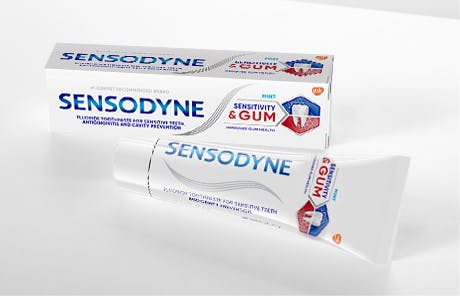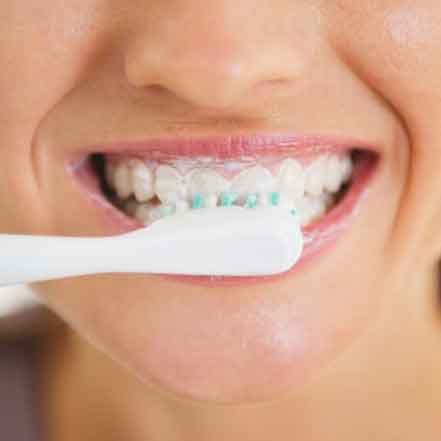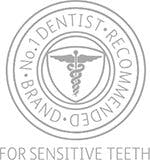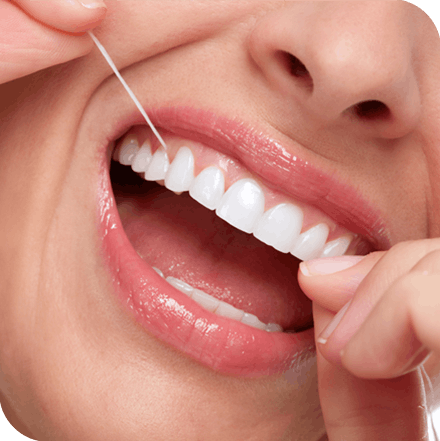What Happens if You Don’t Floss: Is it Too Late to Start?

Dental hygiene may not be the most exciting topic, but making the effort to stay in-the-know about your oral health care is time very well spent!
While some people think that brushing twice a day is more than enough to ensure their pearly whites stay healthy, brushing is only one part of the equation. The American Dental Association (and any dentist you’ll ever speak to) resoundingly recommends that you floss daily as well. But if you’re not a regular flosser, you may be wondering to yourself, what happens if you don’t floss?
We spoke with Dr. Lory Michelle Richter, DDS, to get her take on if it’s ever too late to get into the habit, and how important flossing really is — her answers were quite clear.
Do You Need to Floss?
“It’s never too late to start flossing,” Richter told us, going on to say that flossing is just as important as any other element to your oral healthcare regime. “Flossing removes bacteria and food from between your teeth, which are areas where the bristles of your toothbrush can't reach,” Richter said.
But if flossing is so important, surely most Americans must be doing it, right? Not really. In fact, a recent survey in consultation with the American Dental Association discovered some alarming facts on the subject: 16 percent of Americans said they floss daily, 20 percent report only flossing when they feel something stuck in their teeth, and 8 percent said they never floss.
Why Should You Floss?
While some may think flossing isn’t necessary, a lot of bad things can happen when you don’t floss before or after you brush. According to Richter, “Bacteria that haven’t been flossed can damage teeth.” Daily flossing will remove impacted food and bacteria. It reduces the risk of developing cavities, and gum disease.
How to Floss Properly
Many people avoid flossing because they fear it will hurt their gums. Proper flossing may be the issue. “To properly floss, you'll want to wrap the floss around your tooth in a ‘C’ shape and move it below the gumline and back up gently,” Richter told us. You'll want to repeat this around every tooth, including the back surface of your back teeth.”
If you have difficulty getting around your teeth, Richter also recommends considering the use of tools designed for cleaning between the teeth such as plastic flossers that you can find at any pharmacy. The key is to make sure to include flossing in your dental care no matter if you’ve been flossing all your life or starting today.
Is It Too Late To Start Flossing?
It’s never too late to start flossing! It’s important to know when you should include it into your oral health regime. According to Richter, the winning combination looks like this: “Brushing twice daily for two minutes and flossing at least once a day is the best way to prevent a number of dental complications.” If tooth sensitivity is an issue for you, Richter recommends “using products geared toward sensitivity such as Sensodyne in combination with flossing, regular check-ups, and cleanings with your dentist.”
Dental care doesn’t have to be a mystery. Make brushing and flossing a part of your daily ritual and your oral health will see a marked improvement! Also, consider adding Sensodyne Rapid Relief toothpaste to your routine. Sensodyne Rapid Relief quickly creates a protective layer over your exposed dentin, the sensitive areas of your teeth. This helps keep outside triggers from reaching the nerves in your teeth, providing clinically significant sensitivity relief in three days, when brushing twice a day. Plus, it helps remove stains for a whiter smile. For more information on topics like this, be sure to check out the Sensodyne site.













